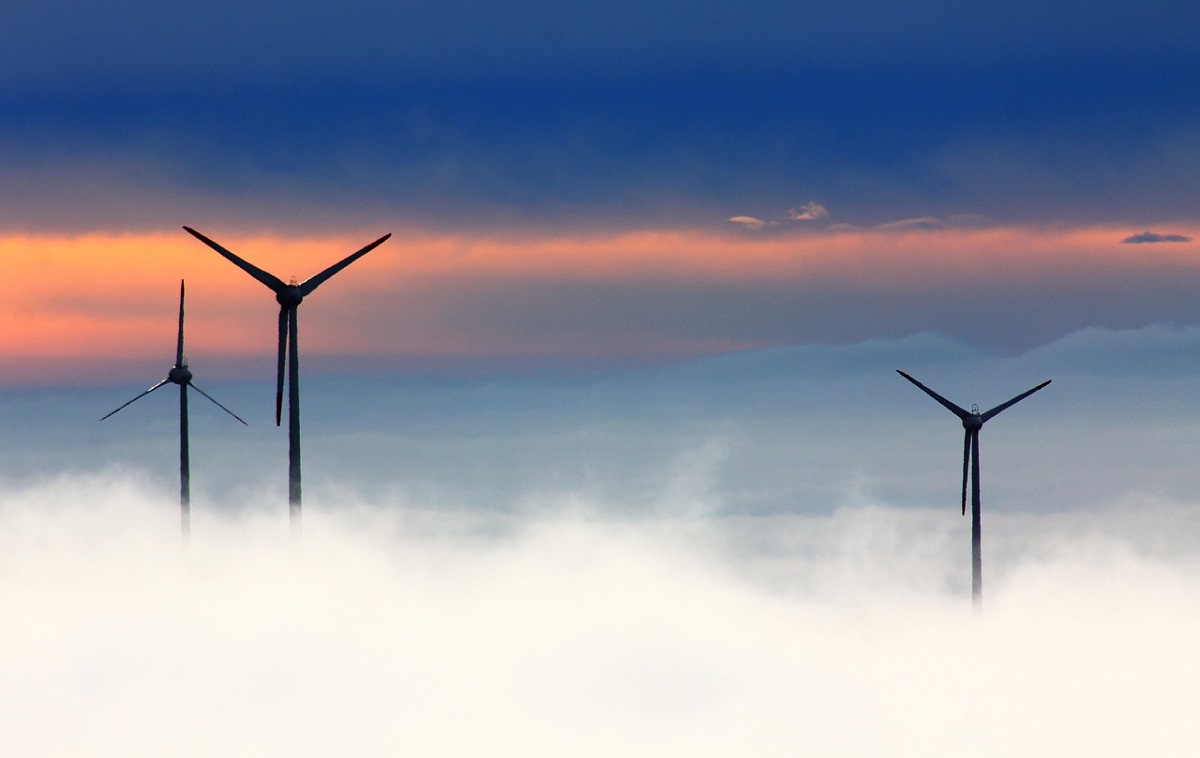On the same day that reports surfaced of Russian soldiers hitting civilian targets in Ukraine, the European Commission launched a plan to defund Vladimir Putin’s administration through a major commercial relationship.
More over 40% of the EU’s gas supply originate from Russia, with central and eastern member nations being the most reliant. Officials stated that under the REPowerEU plan, the bloc could lower the amount by two-thirds in a year — but stopped short of calling for a ban.
According to Commission Vice President Frans Timmermans, the EU has been overly reliant on Russia for its energy demands. If a state actor is attempting to control the market, it is not a free market…
Timmermans believes that renewable energy and supply diversity are the answers. Renewables allow us to pick an energy source that is clean, inexpensive, dependable, and ours.
REPowerEU proposes ways to expedite wind power project approval, expand rooftop solar panels, speed up heat pump installation, and boost biomethane and green hydrogen generation.
According to EU Energy Commissioner Kadri Simson, expenditure might be supported by windfall taxes on energy businesses’ earnings as well as money raised by member states through the sale of pollution permits under the emissions trading system (ETS).
The EU proposal would reduce demand for Russian gas by twice as much as the International Energy Agency (IEA) proposed last week, and Timmermans said it would be “bloody hard” but “feasible.”
According to Refinitiv analyst Yan Qin, the crisis is hastening the energy shift away from fossil fuels.
In addition to replacing gas with renewables, the EU intends to replace Russian gas with gas imported from other nations through ships or pipelines. The United States, Algeria, Qatar, and Azerbaijan are the most likely sources.
Germany has agreed to develop its first LNG terminal for importing gas, which is set to open in 2024 at the earliest.

